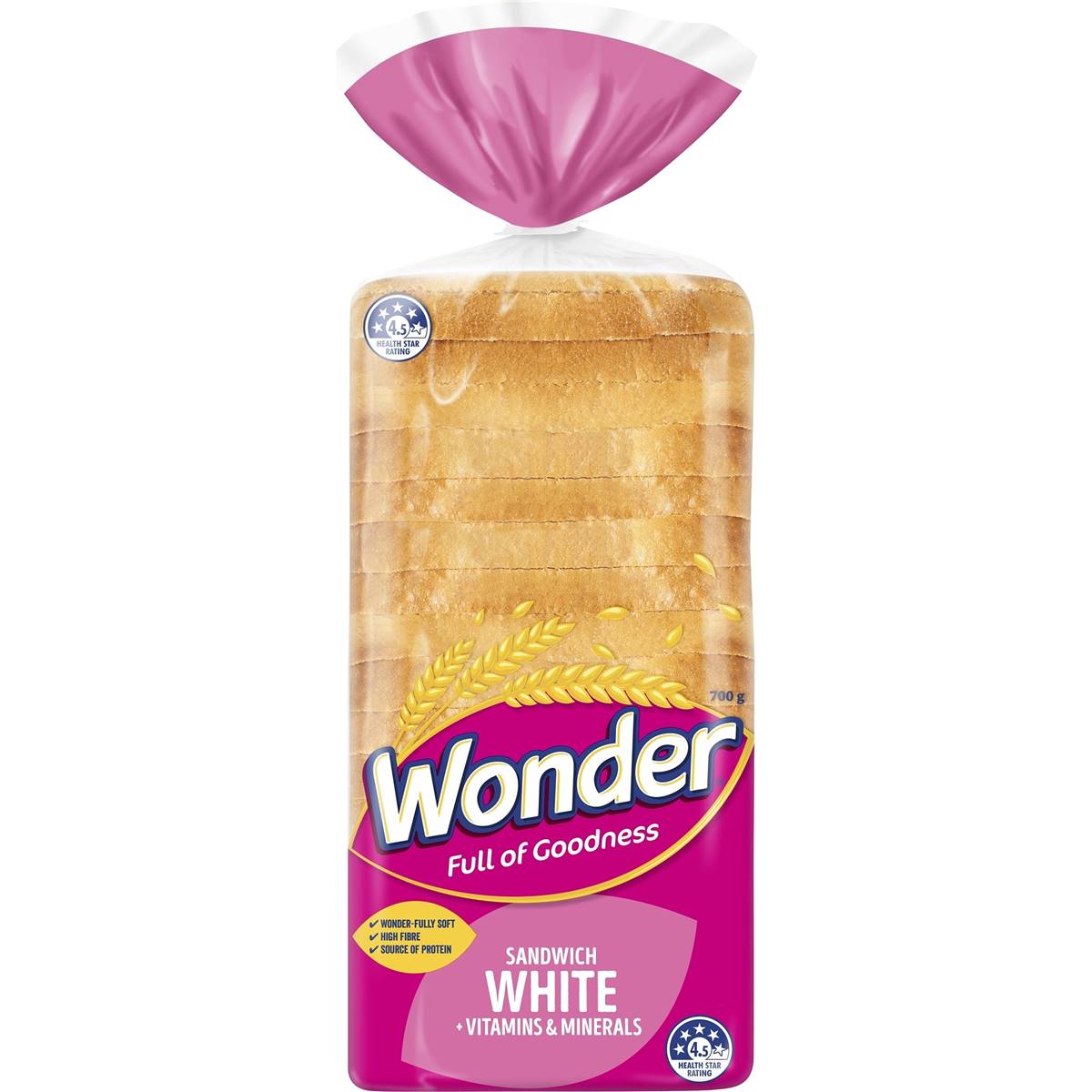Understanding White Bread Calories: A Comprehensive Guide
White bread is a staple in many households, but have you ever wondered how many calories it contains? Whether you're counting calories for weight management or simply curious about the nutritional content of your favorite foods, understanding the calorie count in white bread can help you make informed dietary choices. White bread is often consumed daily, making it essential to know its nutritional value. With its soft texture and versatility, white bread is used in sandwiches, toast, and even as a base for gourmet dishes. But how does its calorie content stack up against other bread options?
Calories in white bread can vary depending on the brand, serving size, and preparation method. On average, a single slice of white bread contains approximately 70-80 calories. This number can increase if additional ingredients like butter, jam, or cheese are added. Many people enjoy white bread for its mild flavor and fluffy texture, but it's important to consider its nutritional impact. White bread is often enriched with vitamins and minerals, but it is also higher in refined carbohydrates compared to whole-grain alternatives. Are you aware of how these factors influence your daily calorie intake?
For those who are health-conscious or following a specific diet, understanding the role of white bread in your meal plan is crucial. While it provides energy through carbohydrates, it may lack the fiber and nutrients found in whole-grain options. This article dives deep into the topic of white bread calories, exploring its nutritional profile, health implications, and tips for incorporating it into a balanced diet. How does white bread fit into your dietary goals? Let’s find out.
Read also:Greg Gutfeld And Wife A Closer Look At Their Life Together
Table of Contents
- What Are White Bread Calories?
- How Many Calories Are in a Slice of White Bread?
- Is White Bread High in Calories?
- What Makes White Bread Different from Other Breads?
- Can White Bread Fit into a Healthy Diet?
- How to Choose the Healthiest White Bread?
- What Are the Health Benefits of White Bread?
- What Are the Drawbacks of White Bread?
- How to Balance White Bread Calories in Your Diet?
- Frequently Asked Questions About White Bread Calories
What Are White Bread Calories?
White bread calories refer to the energy content derived from consuming white bread. Calories are a measure of energy, and understanding how many calories are in white bread can help you manage your daily intake. A typical slice of white bread contains around 70-80 calories, but this can vary depending on the brand and serving size. White bread is made from refined flour, which removes the bran and germ, resulting in a softer texture but fewer nutrients compared to whole-grain bread.
How Many Calories Are in a Slice of White Bread?
On average, a single slice of white bread contains approximately 70-80 calories. However, this can vary based on factors such as the thickness of the slice, the brand, and any added ingredients. For example, some brands may offer thinner slices with fewer calories, while others may provide thicker slices with higher calorie counts. Are you aware of the calorie content of your favorite brand of white bread?
Is White Bread High in Calories?
Compared to whole-grain bread, white bread is not necessarily high in calories. However, it is often lower in fiber and nutrients, which can affect satiety and overall health. Consuming white bread in moderation is key to maintaining a balanced diet. Is white bread the right choice for your calorie-conscious lifestyle?
What Makes White Bread Different from Other Breads?
White bread is distinct from other bread types due to its refined flour base. The refining process removes the bran and germ, resulting in a softer texture but fewer nutrients. Whole-grain bread, on the other hand, retains these components, offering more fiber and essential nutrients. This difference impacts the calorie content and nutritional value of white bread compared to other bread options.
Can White Bread Fit into a Healthy Diet?
Yes, white bread can fit into a healthy diet when consumed in moderation. Pairing it with nutrient-rich toppings like avocado, lean proteins, or vegetables can enhance its nutritional value. How can you incorporate white bread into your meals without compromising your health goals?
How to Choose the Healthiest White Bread?
When selecting white bread, look for options that are enriched with vitamins and minerals. Check the label for added nutrients like iron, folic acid, and B vitamins. Additionally, opt for brands that use minimal additives and preservatives. What should you look for on the nutrition label?
Read also:Exploring The Bold And Unforgettable Iconic Lady Gaga Outfits
What Are the Health Benefits of White Bread?
While white bread is often criticized for its refined nature, it does offer some health benefits. It provides a quick source of energy through carbohydrates and is often fortified with essential nutrients. For individuals with certain dietary restrictions, white bread can be a convenient option. How does white bread contribute to your daily energy needs?
What Are the Drawbacks of White Bread?
One of the main drawbacks of white bread is its low fiber content, which can lead to blood sugar spikes and reduced satiety. Additionally, it may lack the nutrients found in whole-grain alternatives. Are you aware of the potential downsides of consuming white bread regularly?
How to Balance White Bread Calories in Your Diet?
To balance white bread calories in your diet, consider portion control and pairing it with nutrient-dense foods. For example, adding lean proteins, healthy fats, and vegetables can create a more balanced meal. How can you enjoy white bread without exceeding your calorie goals?
Frequently Asked Questions About White Bread Calories
- Q: How many calories are in two slices of white bread? A: Two slices of white bread typically contain 140-160 calories.
- Q: Is white bread better than whole-grain bread for weight loss? A: Whole-grain bread is generally a better option for weight loss due to its higher fiber content.
- Q: Can white bread cause weight gain? A: Consuming white bread in excess can contribute to weight gain due to its refined carbohydrates.
In conclusion, understanding the calorie content of white bread is essential for making informed dietary choices. While it may not be the most nutrient-dense option, it can still be enjoyed in moderation as part of a balanced diet. By pairing it with healthy toppings and practicing portion control, you can enjoy white bread without compromising your health goals. How will you incorporate white bread into your diet moving forward?
Discover Unique Gifts At Vanillgift.com: Your Ultimate Gifting Destination
Discover The Sweet World Of Vanilla Gift.Vom: A Unique Gift Experience
Unlocking The Power Of The Ocean: Why Wave Energy Advantages Are Transforming The Future

Calories In 4 Slices Of White Bread With Butter Bread Poster

Calories in Wonder White Bread Vitamins & Minerals Sandwich calcount